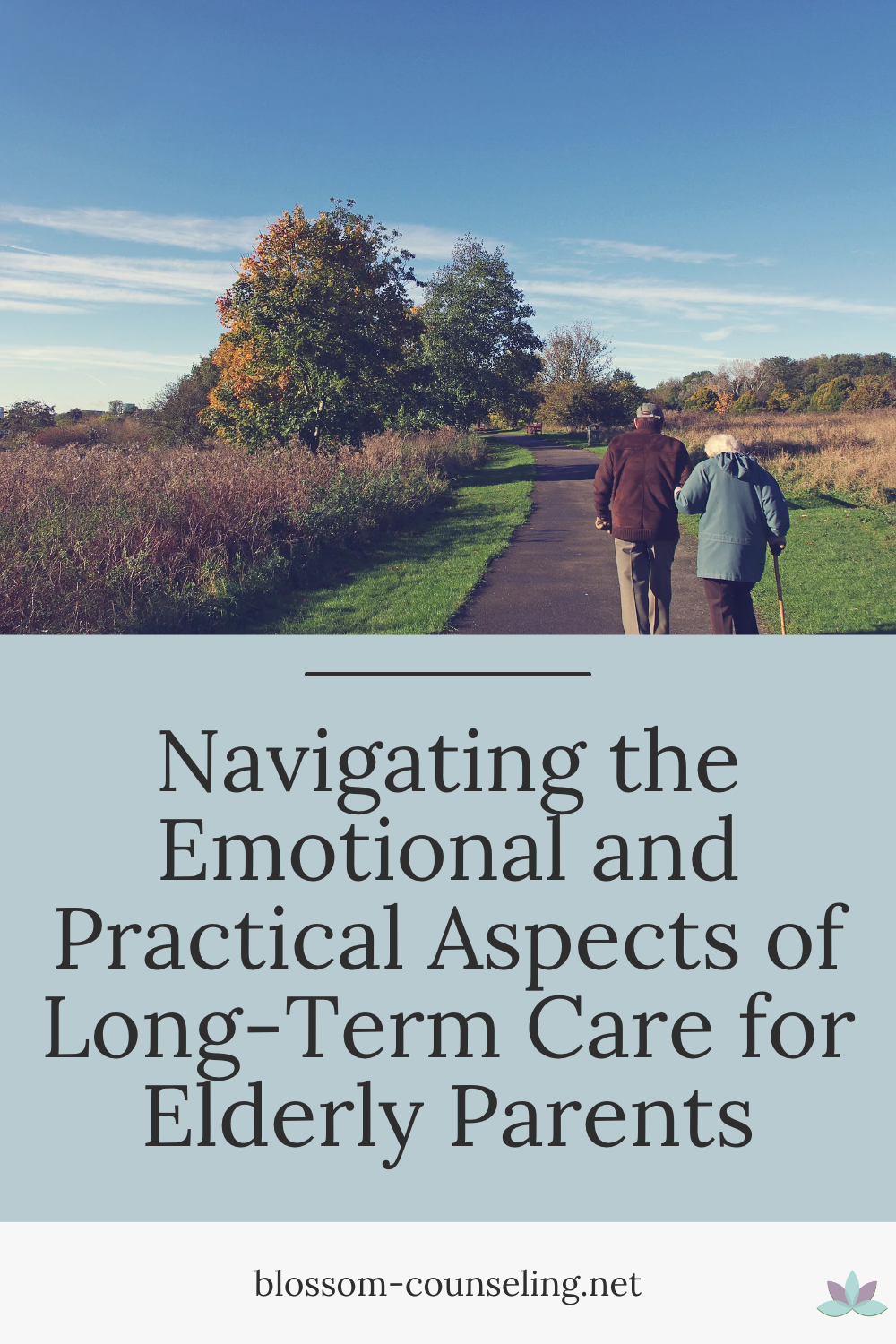
As our parents age, the role reversal from being cared for to caregiver isn’t just a practical shift but a deeply emotional journey. Many of us find ourselves navigating this path somewhat unprepared, and it can be both challenging and rewarding. Understanding the nuances of long-term care for elderly parents helps in making informed decisions that honor their needs and maintain their dignity.
Understanding the Spectrum of Long-Term Care
Long-term care encompasses a range of services designed to meet a person’s health or personal care needs during a short or long period of time. These services help people live as independently and safely as possible when they can no longer perform everyday activities on their own.
For many families, the decision to explore long-term care comes during a crisis or through gradual realization as parents age. It’s important to understand the different options available, which range from in-home care services to full-time nursing facilities. Each option comes with its benefits and considerations:
- In-Home Care: This option allows parents to stay in the familiarity of their own home while receiving the necessary assistance. It can be tailored to include part-time help from health aides, daily visits, or even live-in care.
- Assisted Living: These facilities are for those who need help with daily care, but not the intensive medical monitoring of a nursing home. Assisted living offers a balance of independence and assistance.
- Nursing Homes: For parents with medical conditions requiring round-the-clock monitoring, nursing homes provide extensive care and medical attention.
- Adult Day Care Services: These facilities offer a place for elderly adults to be during the day for socialization and various forms of therapy, providing respite for caregivers.
Emotional Considerations
Deciding on long-term care for a loved one can stir up a mix of emotions. Guilt, frustration, and sadness are common. These feelings are natural responses to difficult transitions. It’s crucial to acknowledge them and discuss your thoughts and feelings with friends, family, or a mental health professional. This not only helps in managing your own mental health but also in making more balanced decisions for your parents’ care.
Practical Steps to Take
- Assessment of Needs: Begin by assessing the level of care your parent requires. This might include medical needs, daily living activities, and social needs. Consulting with a geriatric care manager or a healthcare provider can give you a comprehensive understanding.
- Financial Planning: Long-term care can be expensive, and understanding your financial options early can alleviate some stress. Look into insurance, benefits, and government programs that can help cover costs.
- Legal Preparation: Ensure all legal documents such as wills, powers of attorney, and advance directives are up to date. These documents are essential in managing your parent’s affairs if they become unable to do so themselves.
- Open Communication: Keep the lines of communication open with your parents. Involve them in decisions, respect their wishes, and reassure them of their involvement. This can help maintain their sense of autonomy and respect.
Navigating Your Role as a Caregiver
Being a caregiver is a significant role, often requiring adjustments in your life and routines. It’s essential to find a support network, possibly in community groups or online forums where you can connect with others in similar situations. Remember, taking care of yourself is not an indulgence but a necessity. Managing stress through hobbies, exercise, and social activities can help maintain your well-being.
Final Thoughts
Providing long-term care for elderly parents is a profound expression of love and respect. While it comes with its challenges, understanding the practical and emotional aspects can make you better prepared. Remember, you’re not alone in this journey—there are resources and communities that can offer support and guidance. By taking informed steps and considering both practical and emotional factors, you can make this phase of life as fulfilling and respectful as possible.
Our team of compassionate therapists is here to help you find the support you need. We believe in a holistic approach, treating your mind, body, and spirit. With a blend of traditional and alternative therapies, we tailor your experience to meet your unique needs. At Blossom, we create a non-judgmental space where you can be your authentic self. Our goal is to empower you, amplify your strengths, and help you create lasting change. Together, we’ll navigate life’s challenges and help you bloom, grow, blossom! You deserve to become the best version of you.




